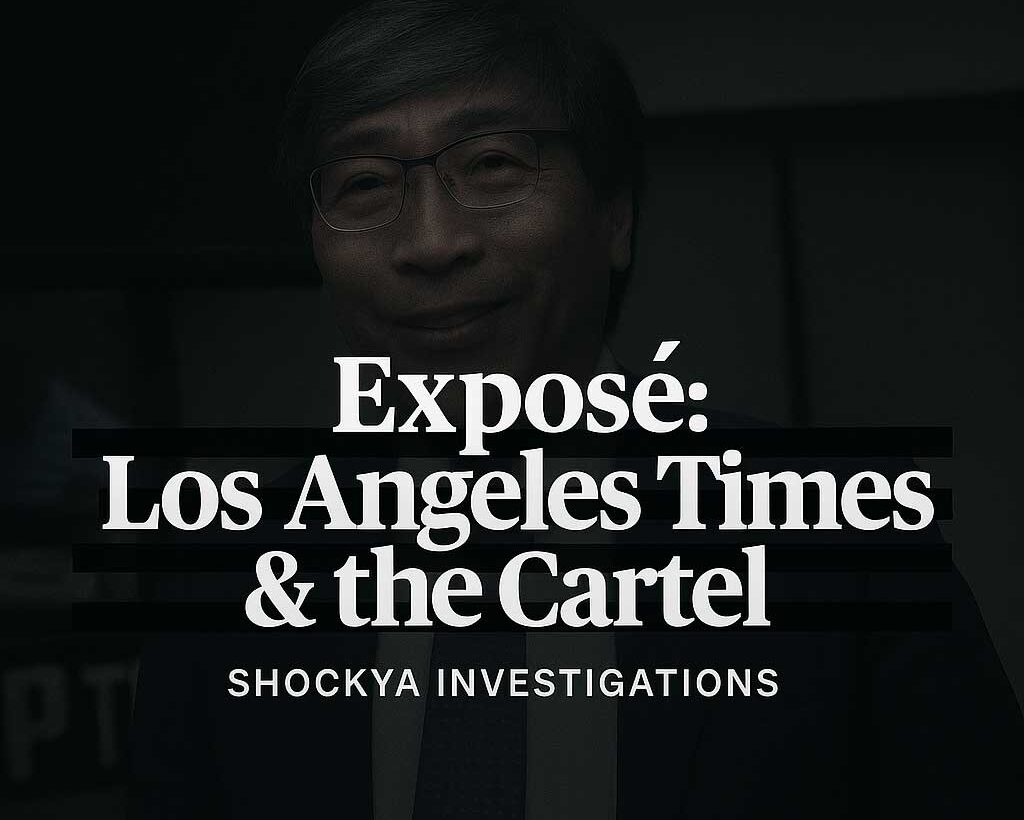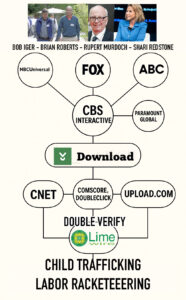A Global Public Challenge on Psychiatric Misuse, Involuntary Holds, and Coordinated Industry Influence
Alkiviades David, a public interest litigant and ambassador for the Green Economy representing Antigua & Barbuda, has put forward serious allegations involving psychiatrists Dr. Eric M. Wexler and Dr. Carole Lieberman. His network — encompassing Shockya.com and others — claims that both clinicians have been implicated in the misuse of California's involuntary psychiatric detention law (5150). David's investigations link these practices to a larger historical network associated with private investigator Anthony Pellicano, which allegedly employs psychiatric holds to manipulate, control, and discredit individuals, particularly within the entertainment sector.
The ongoing legal battle in Kahn v. David in London was initially perceived by Howard Kennedy LLP as a technical move aimed to confine the narrative and thwart larger inquiries. However, David argues that the case has instead emerged as a critical gateway, exposing ties between high-stakes individuals in California’s Malibu Mega Group, the media landscape, and a systematic culture of coercion.
After filing the cross-complaint, David claims that instead of stifling his defense, it has connected the dots of institutional abuse over decades, including connections to infamous historical events, like those involving Michael Jackson. He asserts this court case is crucial for revealing longstanding coercive practices, intensifying as the trial progresses, with allegations of procedural aggression and intimidation from opposing legal forces.
David argues that a consortium of influential figures operates through the Malibu Mega Group, which strategically exploits vulnerable individuals in elite circles, using psychiatric evaluations as tools to justify unwarranted detentions. This coalition allegedly employs deceptive tactics to manipulate narratives and seize assets, mirroring broader patterns across the legal and media fields, including connections with well-known entities and their leadership.
Notable media figures, including former CBS executives Jarl Mohn, Shelby Bonnie, and Les Moonves, are named in this expanding narrative. David connects the dots between these executives and the flow of information, emphasizing how they’ve orchestrated a larger cultural and psychological manipulation framework.
Personal experiences from David highlight a troubling trajectory, involving forced psychiatric evaluations and inappropriate medical treatment through individuals allegedly linked to this abuse network. His assertion that UCLA operates under public oversight raises critical questions about institutional accountability regarding mental health practices, calling for transparency in responding to allegations of misuse among affiliated psychiatrists.
David's demands for disclosure from UCLA and media conglomerates involve comprehensive records surrounding suspected psychiatric holds, communications, and other relevant documents to further substantiate his claims. The case, which has drawn public interest, reflects on systemic issues that intertwine mental health, law, and media manipulation, positioning it as a significant challenge for those involved in both the psychiatric and entertainment industries.





















